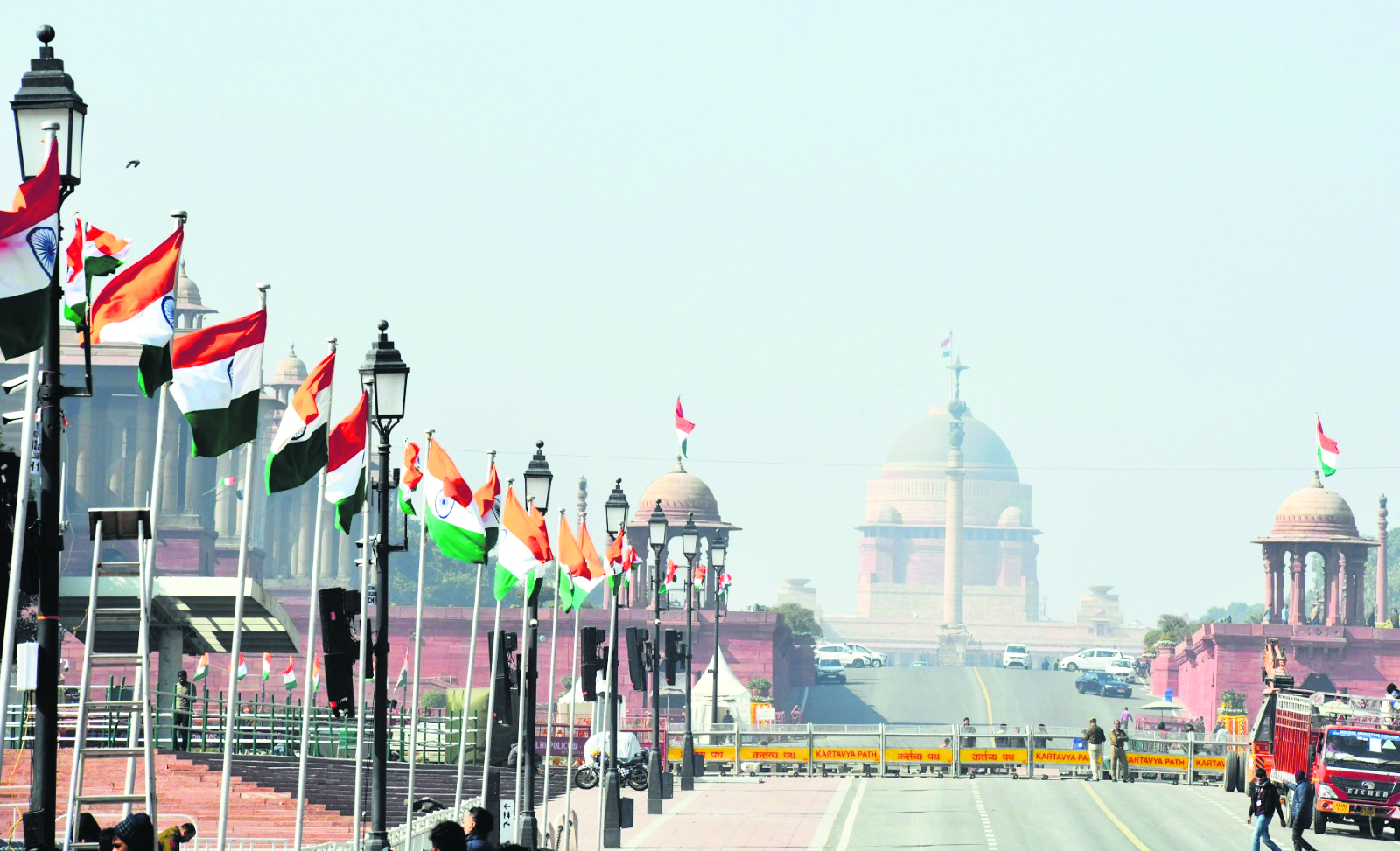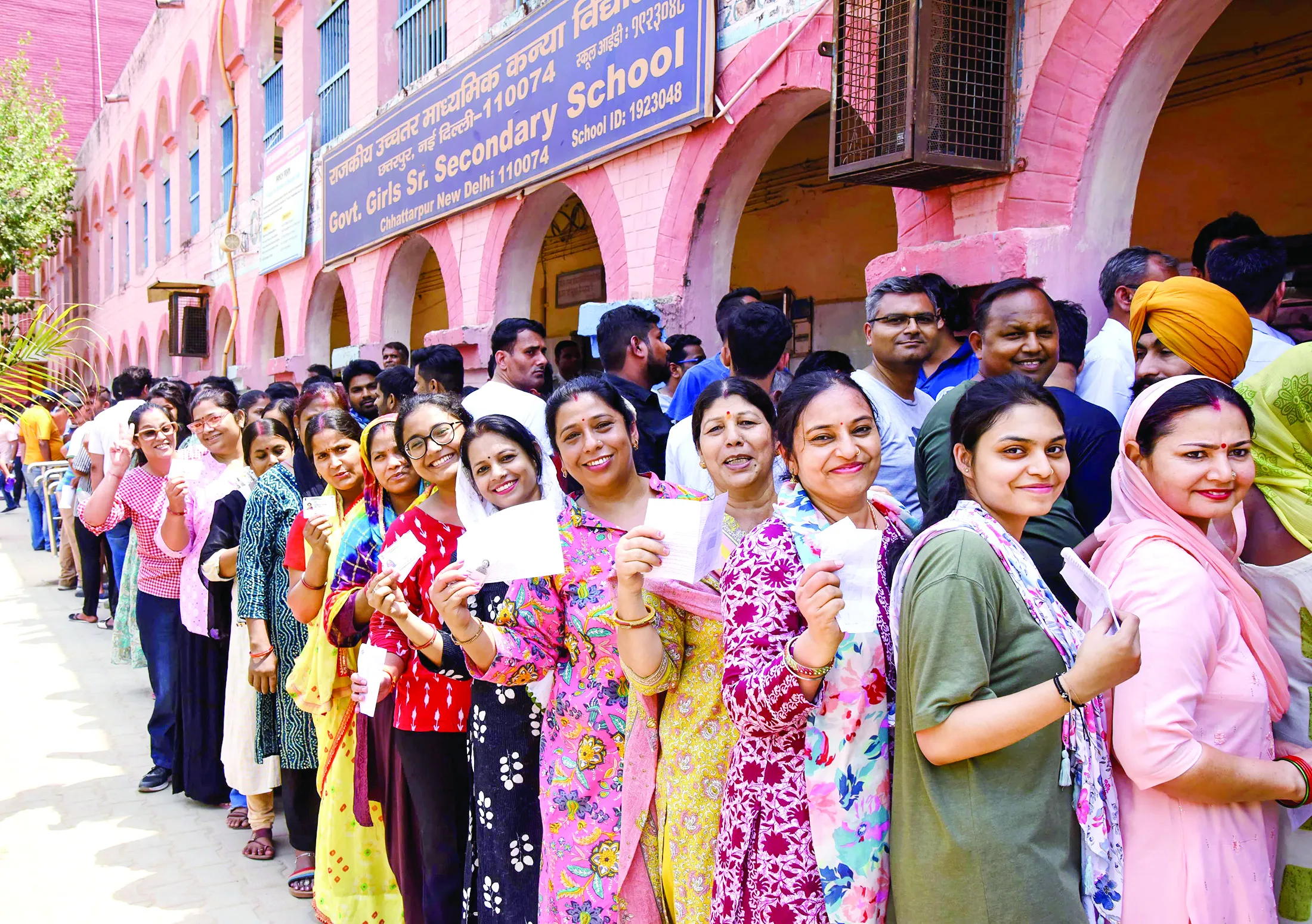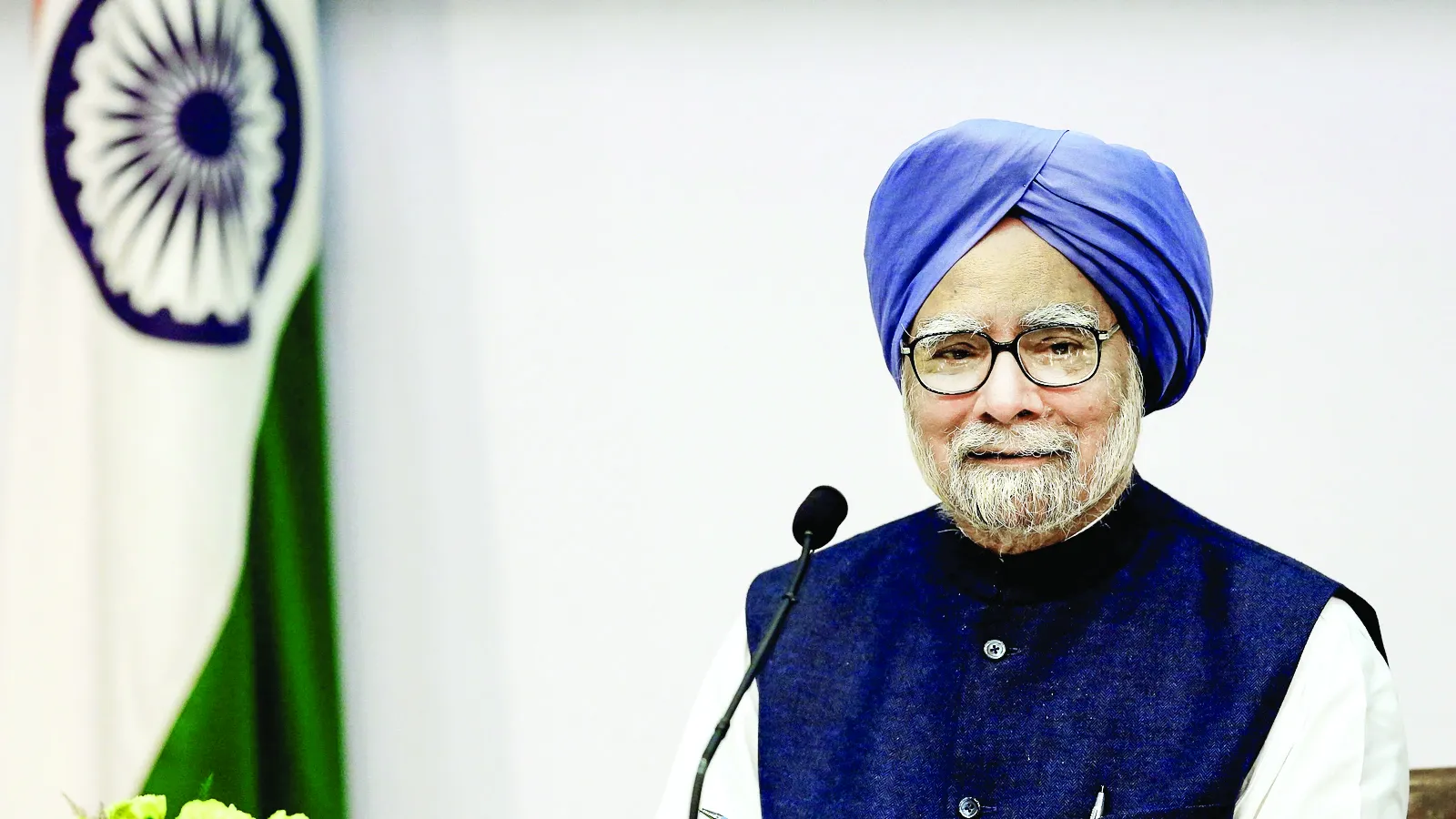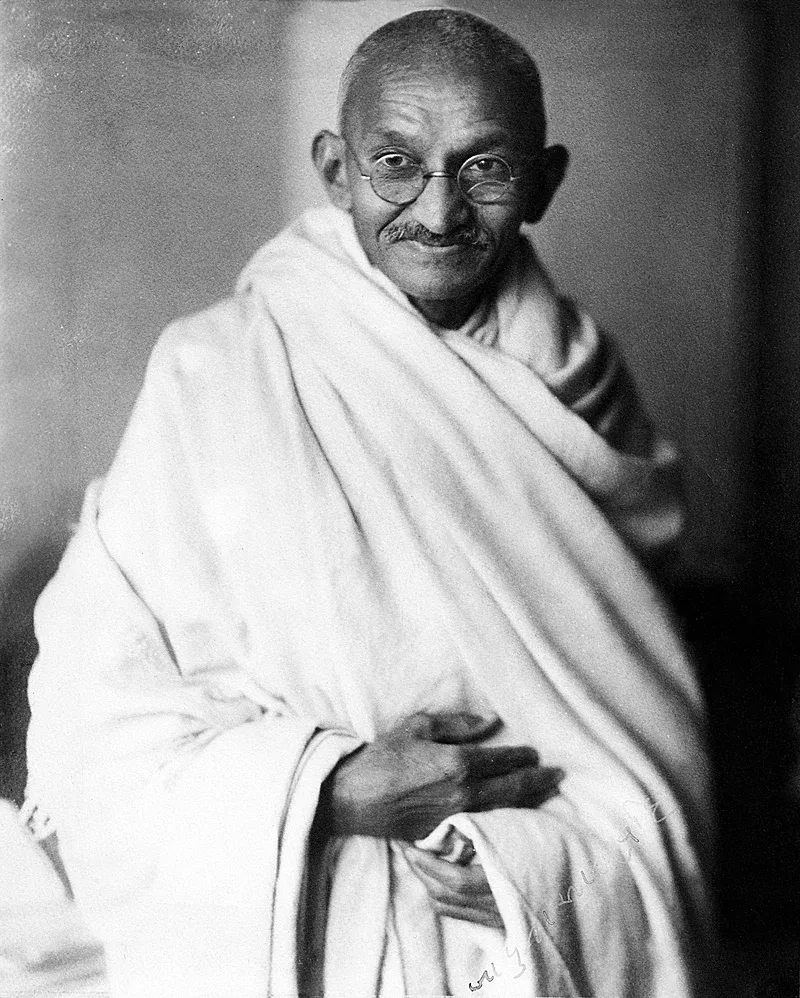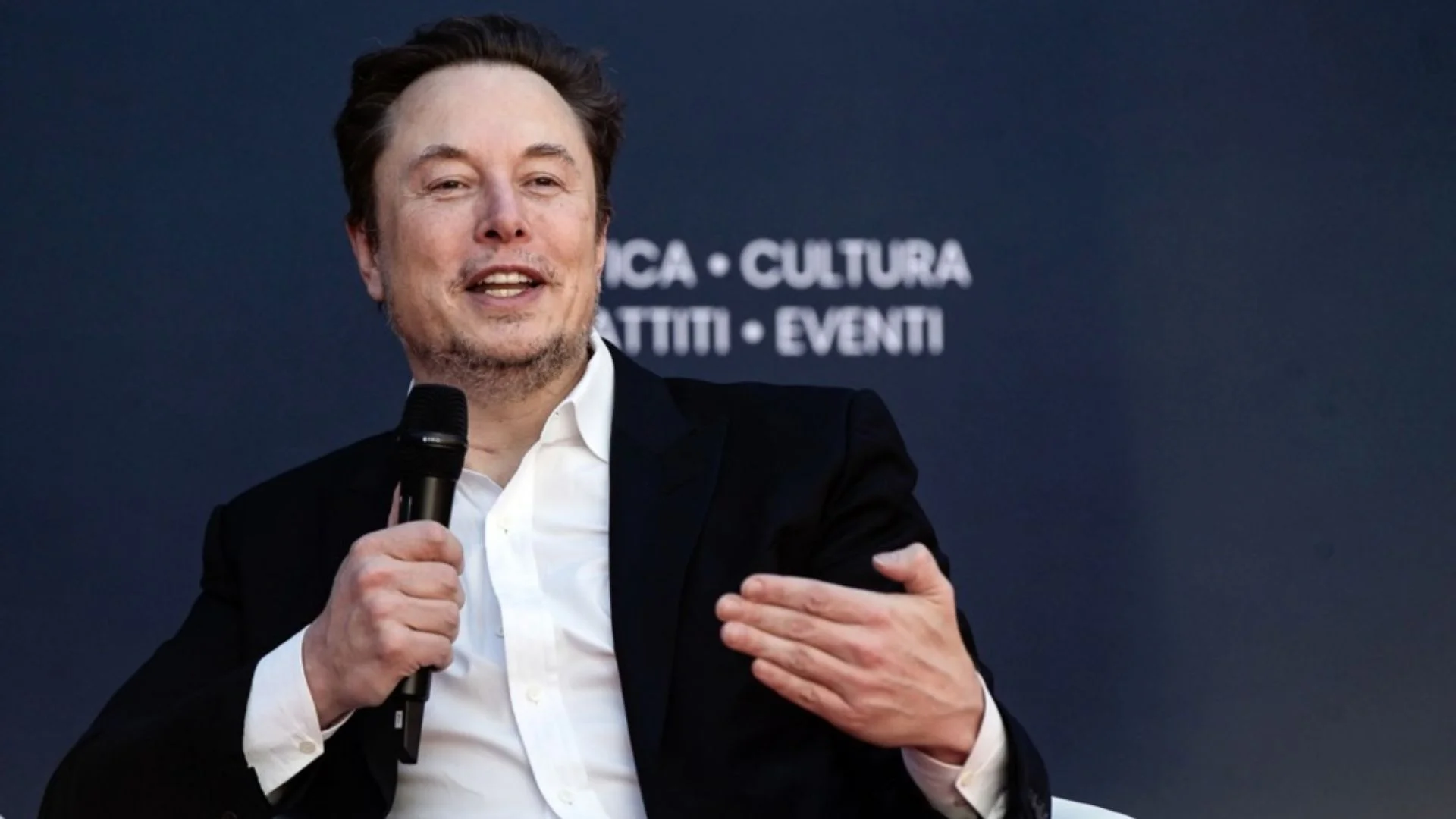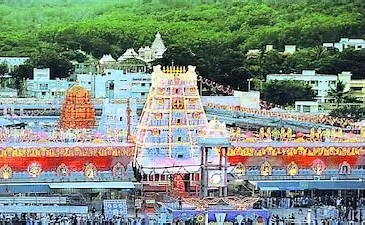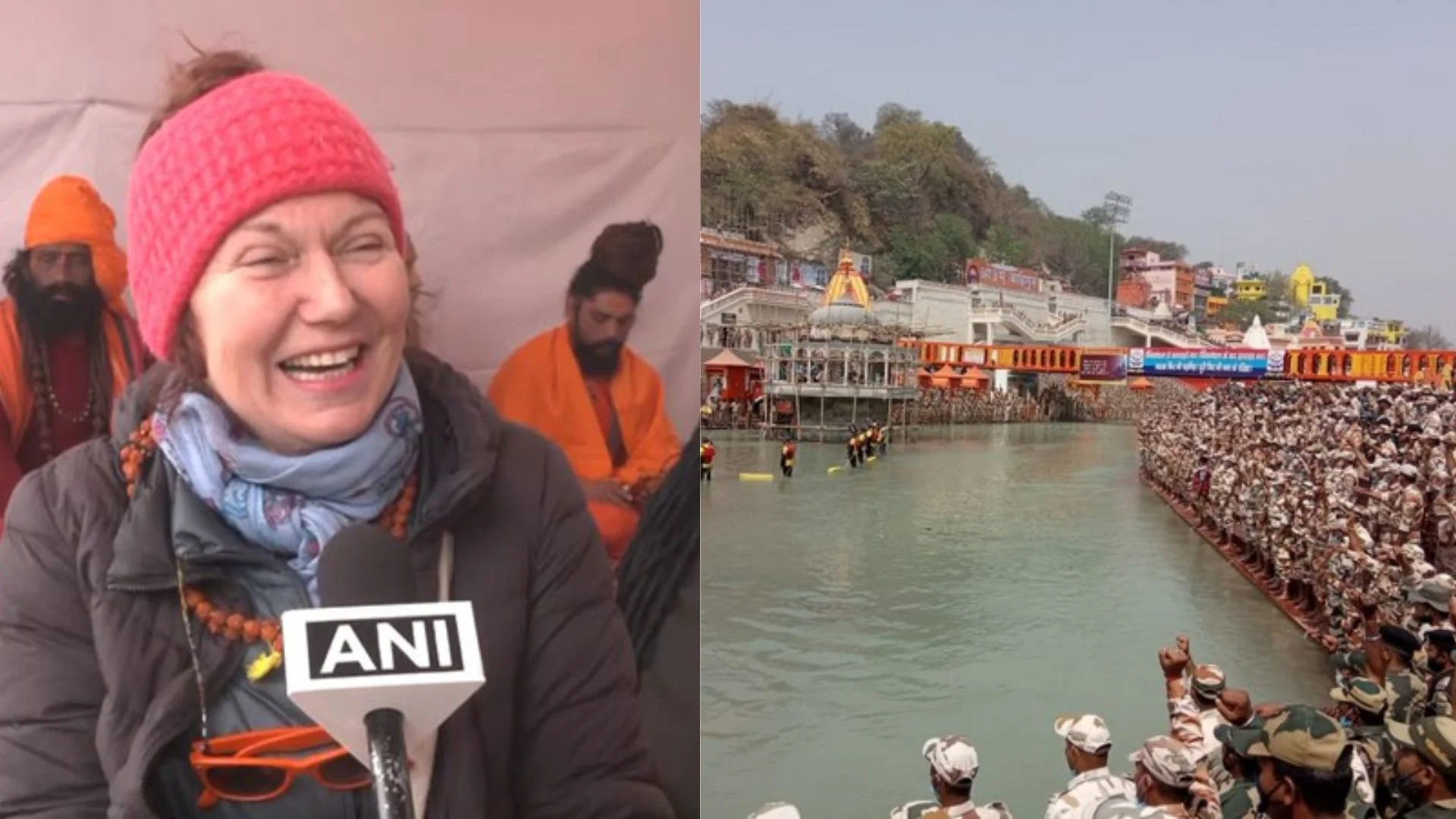Before Britishers numerous other invaders plundered India. But none of them was as devastating as Britishers. They all looted the physical wealth of India, its temples, its gold and all but Britishers lead India to mental and psychological poverty. Through Macaulian education system they directly hit at our mental level and filled us with inferiority complex for our country and our civilisation. They took away our self-esteem and gave the colonial mindset as their legacy. This colonial mindset remained present in Indian administration and governance system even after Independence.
To an utter surprise we framed our constitution with less of Indian and more of western concepts. The concept of Rule of Law, Social justice, Welfare state have remained present in Indian scriptures since ages but ignoring them we accepted the western model of governance. Our politicians of the day had their fondness for west. Unless and until something was not certified by the western countries as correct that was not accepted in our country. For the authenticity of everything we have looked towards the developed countries only. Whatever plans we made, they were seen and planned through western lens. Our model of industrialisation, planned development, everything was borrowed from western countries without adjusting it for the Indian perspective. That’s why Indian governance failed to deliver what it intended or promised so far. The lack of “Indianness” in Indian administration and excess of “Colonialism” in the mindset and actions slowed down the pace of growth for the whole country.
In the other achievements of Modi government, changing this colonial hangover will remain a pioneer one. Modi government has changed the orientation of the administration and tuned it to the needs and aspirations of New India and Viksit Bharata. Modi government strives hard to build New India connected with its grand ancient past that can instil confidence among the masses and make them proud of Indian culture and civilisation.
It has relentlessly worked for removing all traces of colonialism like changing budget practices associated with colonial history, decreasing the official use of English and increasing the use of the Hindi language and renaming and remodeling iconic buildings. Removing the “Lal Batti” of bureaucracy was first such symbolic step.
Changing the name of Rajpath to Kartavyapath has shown how the vision of administration has changed from being masters to dutiful servants of the society. The concept of Atamnirbhar Bharat further developed this passion and appreciation for Indian aspect of governance. Replacing the age old Indian Penal Code and Criminal code has acted as a blow to this colonial mindset.
New Parliament building Central Vista Redevelopment is again the intention of removing all traces of colonial era. Modi said in his address that “the new parliament isn’t just a building” and will witness “the sunrise of a self-reliant India.” This building is manifestation of great Indian heritage with national symbols such as the peacock, the lotus flower and the banyan tree imbibed in its campus. It also represents the undercurrent unit of north and south India through the symbols like Sengol.
For PM Modi decolonisation of Indian system is a subject of prime importance and very close to his heart. In his Independence Day Speech on August 15, 2022, he called for “an India free of colonial mindset” as one of the Panch Pran (five pledges) for New India to undertake in Amrit Kaal. Modi firmly believes that in order to shed the baggage of the colonial past, Indian people need to be reminded of grand heritage of their own culture and their own icons. The efforts may be small like merging the rail budget with general budget of the country since 2017. But the message is clear and loud. That Modi government is in no mood to carry on the burden of British legacy. In this series government has started presenting budget on first date of February instead of last day of February.
With this same thought Prime Minister Narendra Modi while commissioning of the country’s first indigenously-built aircraft carrier INS Vikrant, launched new ensign for Indian navvy. It removed St George’s cross and replaced it with symbol representing the royal seal of Chhatrapati Shivaji Maharaj which has tricolour on the upper canton. Modi government has expressed its interest in removing the remnants of the British era from Indian legal system. Since 2014, Modi government has repealed more than 1500 old and obsolete laws. The latest amendments to legal and criminal justice system is epitome Modi Government’s intent for decolonisation.
Right at the beginning of his tenure of Prime Minister of India in 2014 he pushed for shifting to self-certification of documents and pitched for minimum use of affidavits. This has saved the common man from hassles and red tape. In 2016 he changed the name of the Race Course Road to Lok Kalyan Marg.
This road has the home of Prime Minister. So, he started the process of decolonisation from one of the highest authority of the country. In December 2018, PM Modi took a page out of Netaji Subhas Chandra Bose’s book and renamed three islands of the Andaman and Nicobar archipelago.
Back in 1943, Bose had suggested that Andaman and Nicobar Islands be renamed as Shahid and Swaraj Dweep respectively. PM recently inaugurated Biplobi Bharat Gallery at Victoria Memorial Hall, Kolkata displaying the contribution of the Revolutionaries in the freedom struggle. PM has been a proponent of teaching in mother tongue, as reflected in NEP 2020. This is a marked departure from the focus mainly on English based education, the wheels of which were set in motion during the British time. During Republic Day 2022, the Beating The Retreat ceremony’s concluding piece ‘Abide With Me’ was removed, and Kavi Pradeep’s seminal piece ‘Aye Mere Watan Ke Logon’ was introduced. Earlier in 2015, the Beating Retreat saw some major changes wherein Indian musical instruments sitar, santoor, and tabla were added for the first time.
The retreat was thus infused with an Indian flavour. Amar Jawan Jyoti, the ‘eternal flame’, was merged with the flame of the National War Memorial (NWM).
For India, the most challenging part lies ahead – removing the remnants of colonialism from culture and the hearts of people, which is undoubtedly more difficult than changing names or removing labels. But the way Modi Government is working towards its vision of decolonisation of Indian administrative system in a mission mode form, we are hopeful that one day we will surely have a system that will be purely Indian, matching the aspirations and needs of its people. That day our mind, heart and actions will sync with the Indian values and we will be free from colonial mindset too.
The author is Assistant Professor, University of Rajasthan, Jaipur

